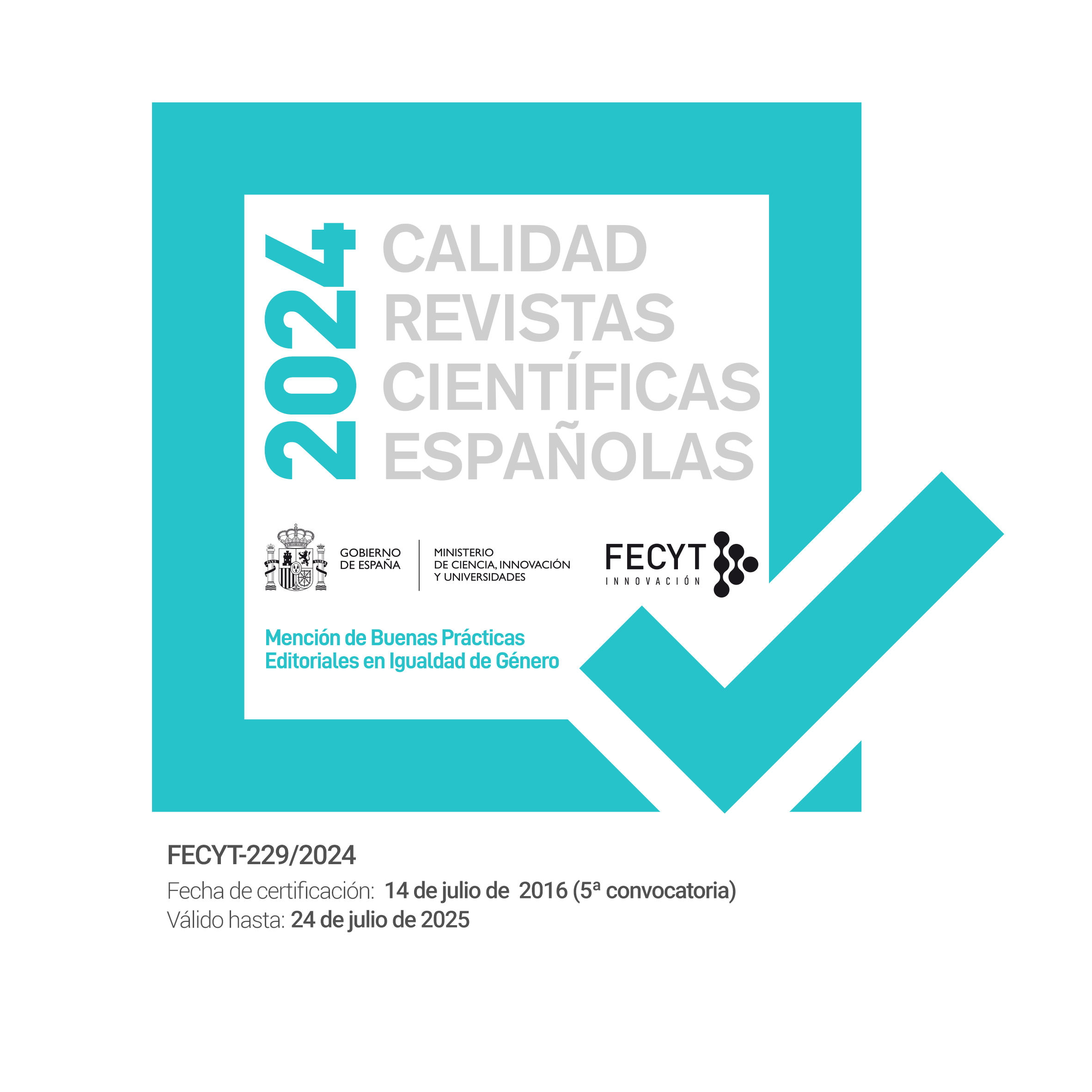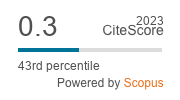Peralta Ruiz, Víctor. La independencia y la cultura política peruana (1808-1821). Lima: Instituto de Estudios Peruanos / M.J. Bustamante de la Fuente, 2010, 385 pp.
Abstract
primeros tiempos de la revolución en unión con el ala urbana del movimiento 26 de Julio quisieron mermar los poderes de Castro. Los comunistas se fueron abriendo paso en el congreso. Los sindicalistas “mujalistas” y los independientes fueron depurados. El acercamiento de Castro a los comunistas recrudeció la guerra fría. Raúl Castro asumió el mando supremo de las fuerzas armadas, y Ernesto Guevara fue nombrado director del Banco Nacional. Este acercamiento de la revolución a los postulados comunistas hizo variar la postura de Estados Unidos, que había mantenido recelos importantes hacia la isla. Las presiones norteamericanas llevaron a Cuba a acercarse a la Unión Soviética, y en 1962 se produjo la crisis de los misiles, uno de los acontecimientos más duros de la guerra fría.Downloads
Issue
Section
Articles
License
The author publishing in this journal agrees to the following terms.
a. Author retains the copyright and grants the journal the right of first publication of the work.
b. Texts will be disseminated under the Creative Commons Attribution-NonCommercial-NoDerivative licence, which allows the work to be shared with third parties, provided that they acknowledge authorship, their initial publication in this journal, and the terms of the licence. It is not permitted to make commercial use of the work nor to distribute derivative works without the copyright holder's explicit permission.





